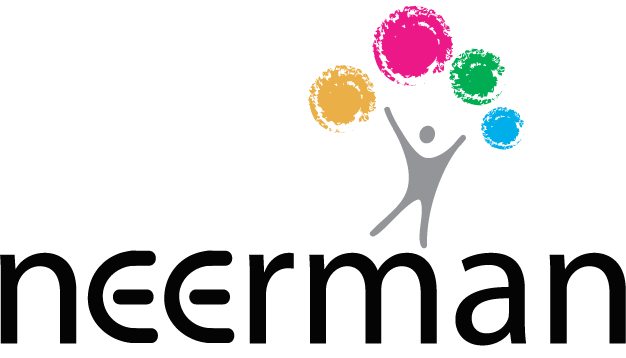Randomized Controlled Trial of Total Sanitation and Sanitation Marketing
May 18, 2021Quarterly Process Monitoring System for UNICEF
May 18, 2021Mixed methods evaluation of Group Handwashing
Can collective behaviours and peer pressure inculcate good handwashing habits? To find out, NEERMAN along with UNICEF evaluated impacts of a group handwashing programme called DHaAL in schools of Assam. We used propensity score matching to compare the group mean difference between schools with or without DHaAL and investigated the pathways to answer who and why using qualitative comparison analysis. We conducted the evaluation by OECD-DAC criteria of relevance, effectiveness, impact and sustainability. The results found that handwashing behaviours changed and sustained more than an year after active support by local NGOs ceased. However, if mid-day meals were not provided regularly, group handwashing before meals did not happen and threatened habit formation. Also, we found large indirect effects of the programme on availability and use of toilets and handwashing stations in homes of the students because they acted as ‘change agents’. The evaluation report made actionable recommendations to UNICEF and state government. Today, group-handwashing programme is scaled-up across multiple states of India.


